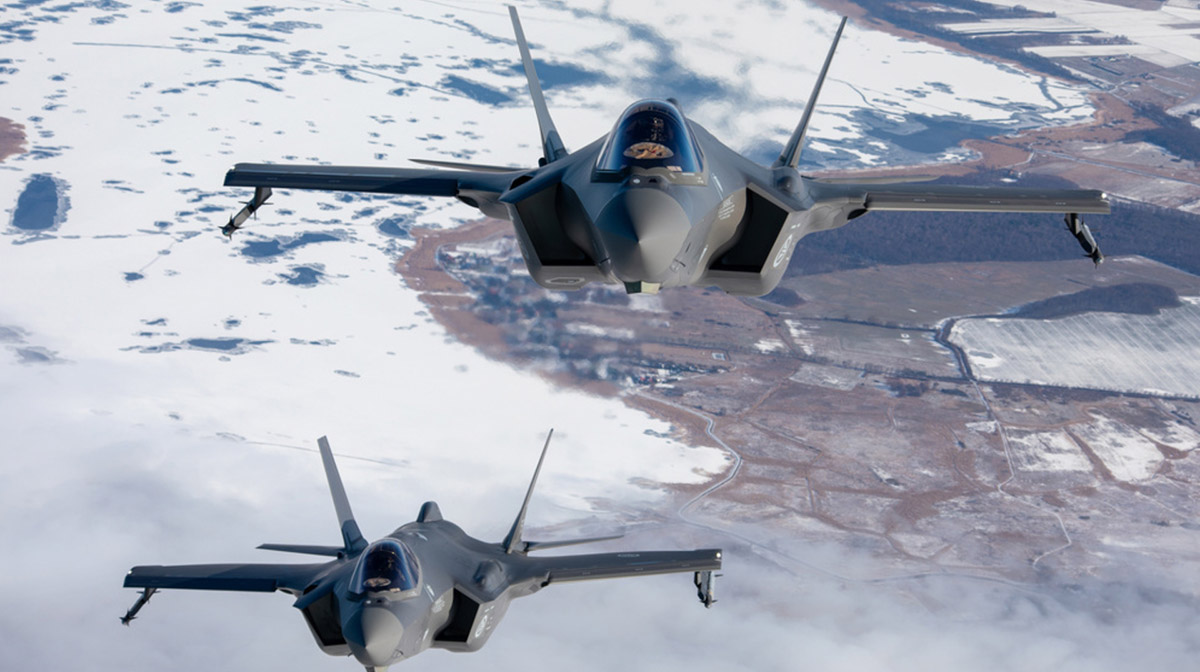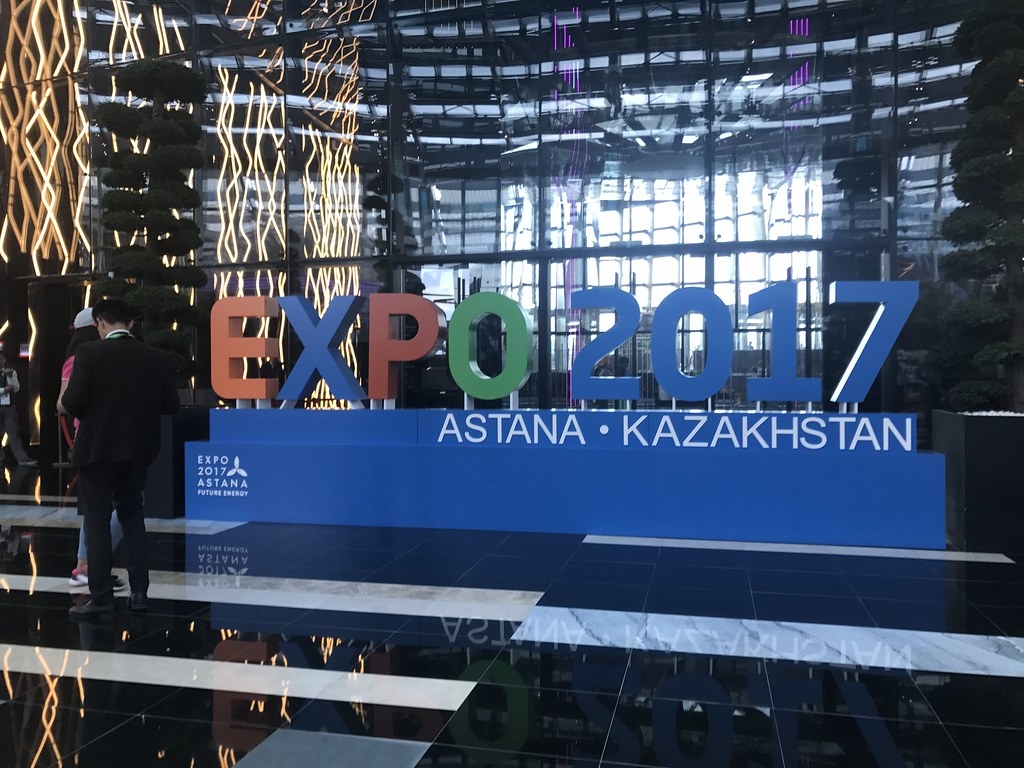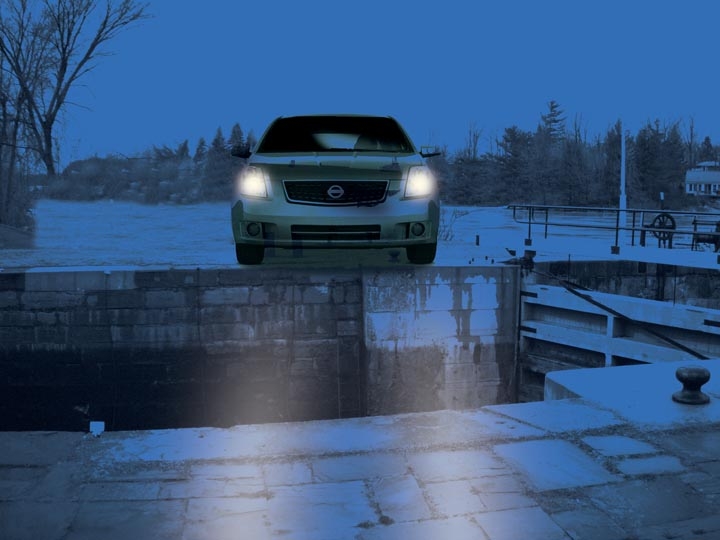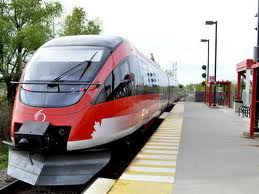
The Future of Canada’s Fighter Fleet-Sovereignty Demands Cool Heads in Crisis
By BGen (ret) David Jurkowski and LCol (ret) Hon. Laurie Hawn
There is a growing chorus of voices suggesting that Canada should reduce our planned purchase of the 5th Generation F-35 and, instead, buy the 4.5 Generation Saab JAS 39 Gripen E, already determined by Canada and others to be less capable against expected threats. Justifiable anger at President Trump is clouding the realities of the future of our ability to contribute to the defence and security of Canada and our treaty commitments to NORAD and NATO. Every nation that has compared F-35 and Gripen has come to the conclusion that F-35 is superior based on price, industrial potential, advanced technologies and, most importantly, operational effectiveness. A total of twenty countries are currently flying (10) or have deliveries pending. There is a reason for that.
F-35 has advanced low observable (stealth) characteristics and 100X smaller radar cross section than Gripen, giving F-35 a lethal advantage in stand-off first-shot opportunities. Highly advanced electronic countermeasures and data gathering capability also give F-35 an advantage in countering advanced surface-to-air missile systems and covering very large volumes of airspace and landmass. Finland assessed that an advanced Electronic Warfare aircraft had to accompany Gripen to allow it to survive, while F-35 could operate alone.
Canadians against F-35 for Canada fear that the U.S. could turn the F-35 technology “off” with the flick of a switch. That is not true, but significant concerns exist about the ability of the U.S. to limit access to the latest technology to counter evolving threats. Canada is part of a Can/Aus/UK reprogramming lab to quickly update F-35 software. Overall concerns are valid, but assume that the U.S. is willing to handcuff allied nations in supporting collective defence objectives.
Canada has billions of dollars committed to F-35, with industry participating in long-term contracts to support the over 1,110 aircraft delivered and over 2,000 yet to come. Those contracts would disappear. We are delivering ongoing F-35 specific infrastructure at our two Main Operating Bases and three Forward Operating Locations in our Arctic. There would likely be a decade delay and significant additional cost to cater for the addition of Gripen. Building Gripen in Canada would be very small contracts.
We must be able to “talk” the same language in the air and under the command structures of NORAD and NATO. Interoperability will be key to seamless operations, especially in the Arctic with only two friendly operators (U.S. and Canada). That may expand with Russian and Chinese incursions where all members of the Arctic Council (except Russia) are NATO members and all but one (Sweden) are F-35 operators.
Canada’s challenge will always be personnel; pilots and technicians. We are over 50 percent short of the pilots needed to fully implement F-35 and also short of technicians. A decade of doing all the right things will be required to redress that. We can’t realistically implement a single fleet and to pretend that we could duplicate all the effort and expense for a second fleet is totally unrealistic. Our low-tech fleets of the past were possible with much larger numbers of personnel, as well as limited missions. The CF-18 expanded our mission suite, but 5th Generation mission expectations are very much broader. The luxury of ample resources is not achievable in less than several decades of effective leadership on a consistent path and with sufficient budgets.
Donald Trump will be gone (at least constitutionally) by the time we get the first F-35s based in Canada in 2029. We think that, in time, the American people will realize they have been misled by the current administration and there are already indications of that happening. We should at least consider a Plan B or two, but it makes no sense to abandon F-35 now. That would result in the disappearance of the RCAF fighter force or reduce it to being unable to survive in combat. That is not what Canada needs and what we do need is cooler heads, patience and a long-term focus at a difficult and unpredictable time. To do otherwise will seriously jeopardize our sovereignty. The Motto of the old RCAF is Per Ardua Ad Astra; let’s not make the new one Per Ardua Ad Disastra.
BGen (ret) David Jurkowski, CMM, CD – former Commander Fighter Group
LCol (ret) Hon. Laurie Hawn, PC, CD – former CF-18 Squadron Commander
Photo: Courtesy Forsvaret










